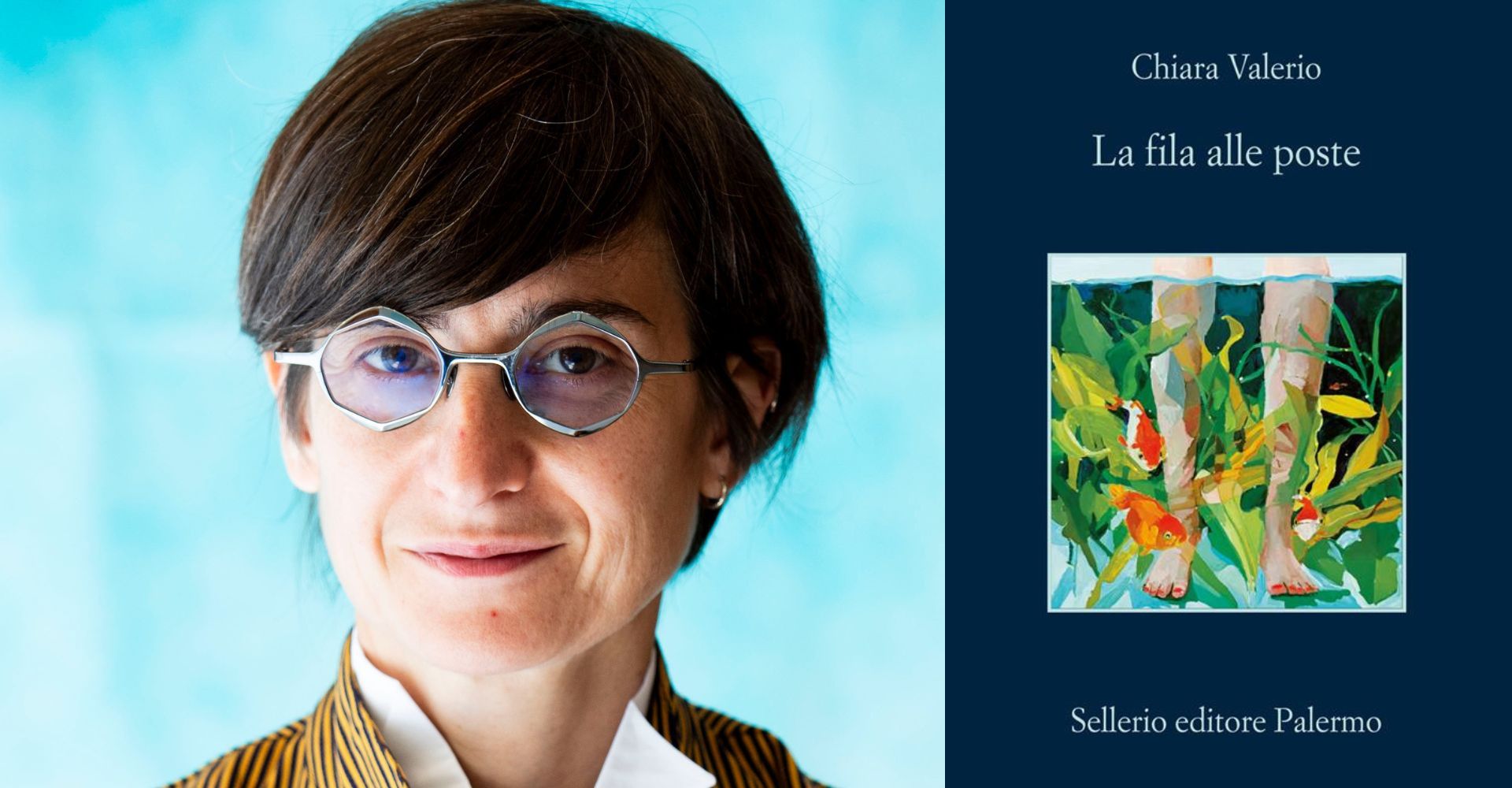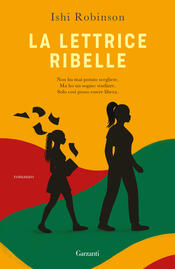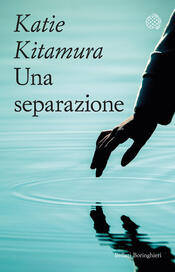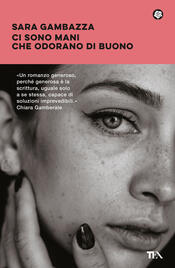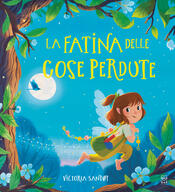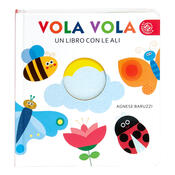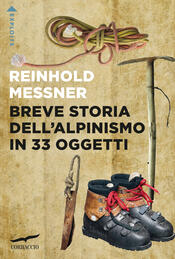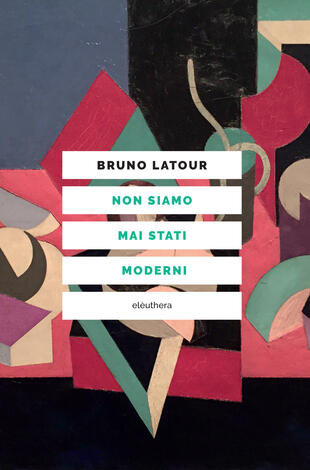

Sinossi
Embrioni congelati, virus dell'aids, buco dell'ozono... questi «oggetti» rientrano nel campo della natura o della cultura? Una volta le cose erano più semplici: le scienze naturali si occupavano della natura e le discipline sociali della società. Ma questa tradizionale divisione non riesce più a rendere conto dell'attuale proliferazione di ibridi. Ne deriva un senso di angoscia che i filosofi, postmoderni, moderni o anti-moderni che siano, non riescono a placare. E se avessimo sbagliato strada? In effetti, la società «moderna» non ha mai funzionato in modo coerente con la grande scissura su cui si fonda il suo sistema di rappresentazione del mondo, che oppone radicalmente natura e cultura. I cosiddetti «moderni» non hanno mai smesso di creare ibridi e tuttavia si rifiutano di prenderli in considerazione in quanto tali. Non siamo mai stati davvero moderni, dunque, ed è proprio quel paradigma fondatore che va rimesso in discussione per capire il nostro mondo.
- ISBN:
- Casa Editrice:
- Pagine: 230
- Data di uscita: 31-10-2018
Recensioni
It seems evasive, and even a bit comic, how thinkers in the past century or so, increasingly designate eras with the prefix "post": "post-Christian," "post-Holocaust," "post-industrial," "post-structuralist,"post-modern," "post-humanist," and so on. . . These labels define a period by what it follow Leggi tutto
(Fair warning: I'm writing this review in a bad mood.) Here's how I feel about Latour: but, but, but. I want to love Latour, but I just can't. I find his work interesting and super generative, but it brings me almost no joy or pleasure. He's very clear and easy to follow, but he also writes some of
نظریه "ما هیچوقت مدرن نبودهایم"( برونو لاتور) بهترین توضیح از شرایط حال حاضر ما انسانها را در بر دارد. این نظریه نشان میدهد که دنیا به شکل برگشت ناپذیری تغییر کرده و برای همیشه از مردمان متمدن جدا شده است؛ دنیایی که با پذیرش مفهوم مدرن نتایجی متفاوت از آن را در زیست همگان پدید می آورد. به طور مثا Leggi tutto
This summary is probably going to be a bit flawed and definitely elides some of Latour's critical moves. I really enjoyed reading this, and thought it was very insightful. Latour starts his book with 1989: the fall of the Berlin Wall marked the triumph of capitalism over communism, and conferences on Leggi tutto
Moving further than the oft quoted introductory Ozone example, the continuity of Latour's analysis is stunning. Positioning the concept of 'modern' against history, progress, and science. Latour demonstrates this by including the agency of material objects alongside the founding formation of Western Leggi tutto
Een verdere review schrijf ik nog, maar dit boek was overweldigend en ogen openend. Latour’s afrekening met de post-modernisten, anti-modernisten is gedaan vanuit een unieke inslag. Zijn visie op de verwevenheid van natuur en cultuur lijkt zo logisch en is desondanks zo onderbelicht in de afgelopen Leggi tutto
Citazioni
Al momento non ci sono citazioni, inserisci tu la prima!

